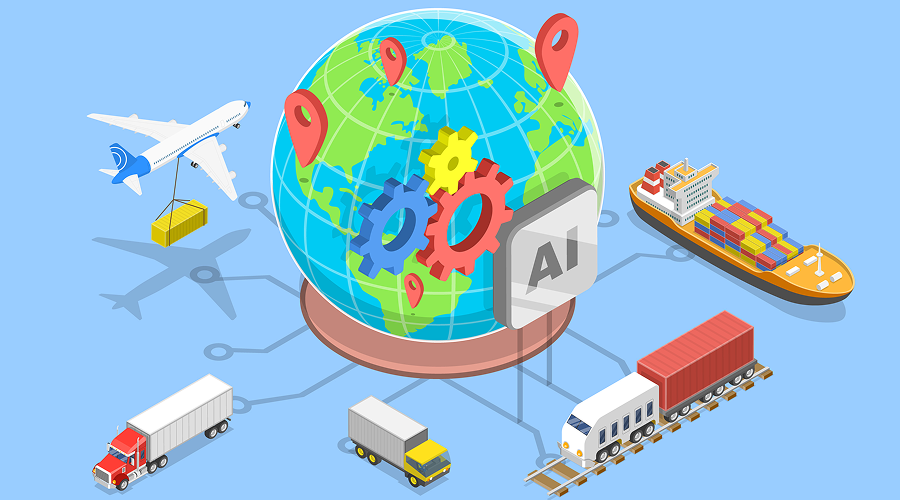The Latest Apparel Import Regulations in Japan and Their Impact

Introduction
The Japanese apparel industry imports many products from overseas, accompanied by various regulations. This article explains the latest apparel import regulations, their impact, and future prospects.
1. Current Status and Issues of Apparel Imports
Decline in the Domestic Production Ratio
In the Japanese apparel market, the proportion of domestically produced goods has decreased to a mere 1.5%. This decline is primarily due to the increase in overseas production aimed at cost reduction.
Overview of Import Regulations
The Ministry of Economy, Trade, and Industry (METI) promotes a resource circulation system for textile products to reduce environmental impact. As a result, products that do not meet certain standards may face import restrictions.
2. Sustainability and Import Regulations
Importance of Textile Recycling
To maintain international competitiveness, the proliferation of recycling technologies in Japan's textile industry is essential. The government plans to support this through subsidies and investments.
SDGs and the Apparel Industry
The European Union (EU) strictly regulates the import of products that do not consider environmental and human rights based on the Sustainable Development Goals (SDGs). Similar regulations are being considered in Japan.
3. Changes in the Apparel Industry Post-COVID
Revenge Consumption and Its Impact
The post-COVID consumption behavior known as "revenge consumption" has come full circle, presenting new challenges for the apparel market. As market polarization progresses, companies are forced to reassess their production and sales strategies.
Import Regulations and Corporate Responses
Although regulating mass production is challenging, companies strive to develop sustainable products and maintain appropriate production volumes. In the future, domestic companies will need to strengthen their handling of imported products with consideration for environmental and human rights factors.
Conclusion
Japan's apparel import regulations are evolving to address environmental and human rights issues. Companies must explore strategies to adapt to these regulations while building sustainable business models.
AnyLogi is a comprehensive logistics platform supporting domestic and international logistics. We seamlessly support your logistics by connecting with various e-commerce carts and malls, including Shopify. Additionally, we offer forwarding and import/export services utilizing local delivery networks with logistics hubs both domestically and internationally. We provide estimates as soon as the same day. Please feel free to contact us.








